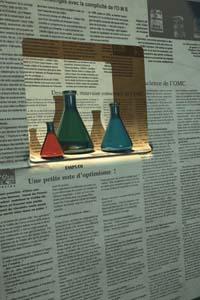Technology, health, informatics and the environment today
2008/10/08 Roa Zubia, Guillermo - Elhuyar Zientzia
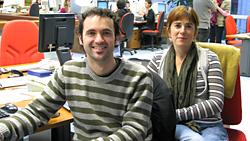
These are some of the results of a study conducted by the Elhuyar Foundation. Eleven newspapers have been analyzed (Berria, Deia, Diario de Navarra, El Correo, El Diario Vasco, Gara, Le Journal du Pays Basque, Diario de Noticias, Noticias de Gipuzkoa, Noticias de Alava and Sud Ouest) from 1 January to 30 April 2008. In order to analyze the presence of science in the press, we wanted to collect all the texts that deal with scientific, technological or innovation issues. A total of 6,448 texts have been received whose main conclusions are:
Most of the texts are published in Spanish, 82%, language in which most of the analyzed media are published. Most of the texts have been published by the two newspapers of the Vocento group, El Correo and El Diario Vasco (932 and 741 texts respectively), with the third being the newspaper Noticias de Gipuzkoa (715 texts).
Science is not important
Most of the published texts have been of very little importance (1,089 texts), attending to the scale of importance of Richard Budd (depending on the size of the news, the space it occupies, the number of the page and its graphical use), while the texts of great importance have been only 55.
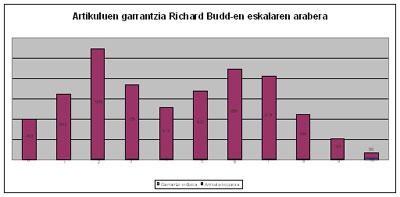
The research results show that journalists often choose topics related to technology, health, computer science and the environment when preparing scientific, technological and innovative information.
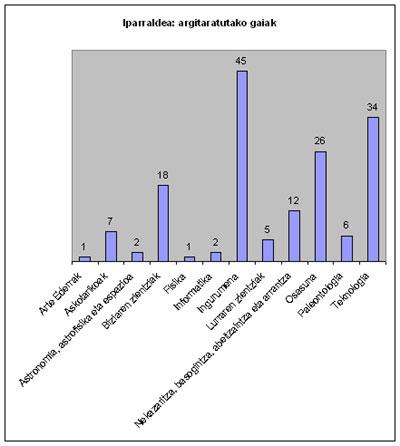
When it comes to addressing these issues, newspapers often offer pure information, long and brief news, although they cannot be said to abandon the interpretative genre.
It has also become clear that newspapers do not offer many opinions on science, technology and innovation, let alone their own opinions. Eleven newspapers have only published 26 editorials.
Positives predominate
In any case, it can be said that newspapers are positioned in favor of science, innovation and technology, even if they do not directly. In fact, most of the information published has a positive view, although in journalism, in general, bad news is more likely to become news than good news.
In the newspapers, official information on science, technology and innovation predominate in both the Basque Country and Europe, since more than half of the sources, 60%, were institutions. It should not be forgotten that 25% of the texts cannot say where the news was born or who is responsible for the information, since the newspapers have not offered this data.
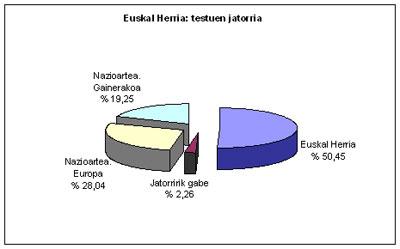
The topics chosen by the Basque media to deal with issues of science, technology and innovation are similar to those chosen by their European partners, and the problems of identifying the origin and the author of the news are not exclusive to Basque journalists, since European professionals highlight the same problem among the challenges that arise.
Auxiliary material:

Gai honi buruzko eduki gehiago
Elhuyarrek garatutako teknologia




